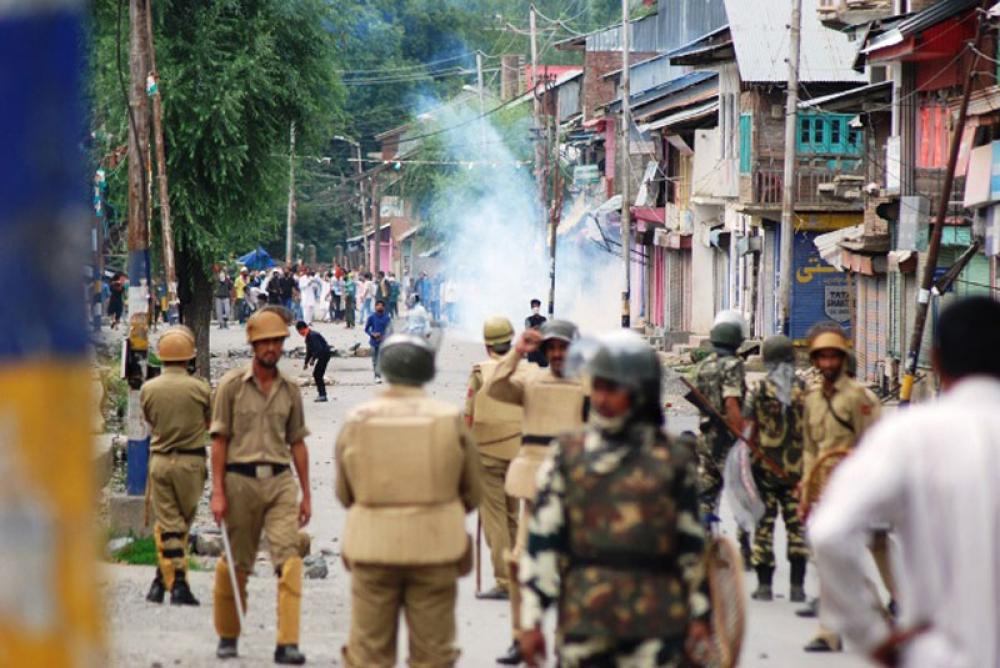Just Earth News | @justearthnews | 30 Jul 2020

Srinagar: The scrapping of Article 370 in Jammu and Kashmir last year by the Centre is seen by the locals as a path towards development as they feel the number of stone-pelting incidents in the region have drastically come down in nearly a year.
Waseem Ahmad, a businessman in Srinagar, told ANI that people of Jammu and Kashmir were bereaved of benefits of centrally sponsored schemes before August 2019.
"Our people were bereaved of benefits earlier from the central schemes because there was Article 370. After it was abrogated, our people could get those benefits as well as Constitutional rights. Development works have sped up now. Stone pelters were dealt with strictly. It was a historical step of the central government to abrogate Article 370," Ahmad said.
"Ratio of stone-pelting has gone down to zero. Due to unemployment, youth indulge in stone-pelting incidents. After Article 370 was revoked, development works started, the youth started participating in developmental cause instead of stone-pelting," he added.
Sarwar Hussain, a local school teacher, while speaking to ANI, said, "After J-K became Union Territory, no incident of stone-pelting took place. This happened because Article 370 was abrogated. Our sisters and daughters who did not get rights after marriage now will get their rights too. This was a good step for Kashmir that Article 370 and 35 A were revoked."
Incidentally, stone-penting instances and shut downs had earlier hit normal life in the Valley.
Ashiq Hussain, a youth leader from Baramulla blamed Article 370 for stone-pelting incidents in the region, and told ANI, "Due to Article 370, there were stone-pelting incidents. These days you will not see stone-pelting incidents. We are thankful to the Central government."